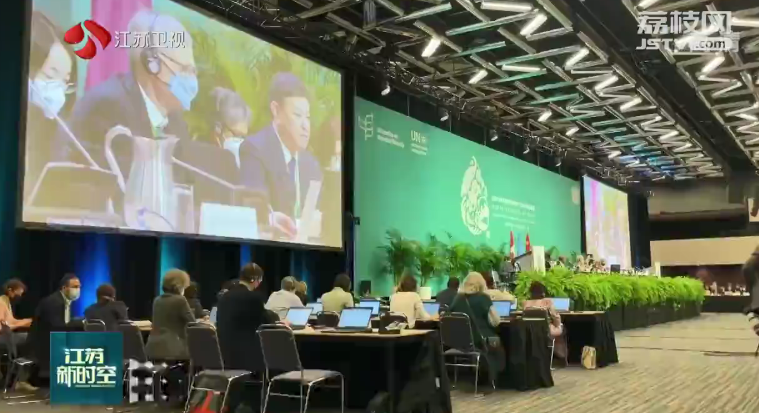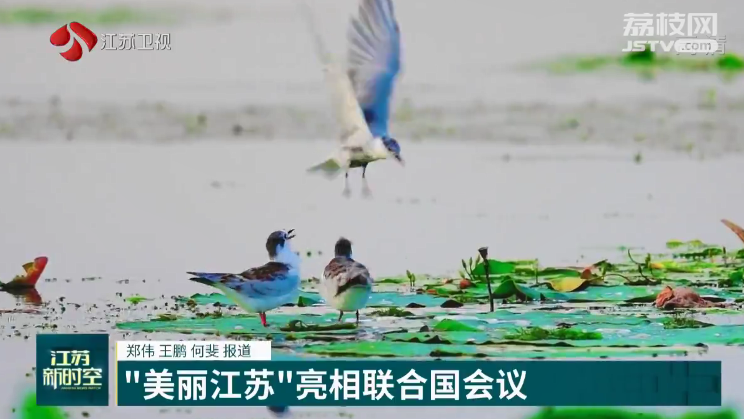Jiangsu's experience in biodiversity conservation was publicized at the second phase of the fifteenth Conference of the Parties to the United Nations Convention on Biological Diversity that was held in Montreal, Canada, on December 13.

The Ministry of Ecology and Environment introduced Jiangsu's contribution to the protection of ecological diversity. Jiangsu Provincial Department of Ecology and Environment released the province’s achievements in biodiversity conservation, telling the world the story of biodiversity conservation on the land of Jiangsu and the practice of the concept of ecological civilization.
As a major economic powerhouse, Jiangsu has created more than 10% of the country's total economy with 1.1% of the country's land.
In recent years, Jiangsu has carried out large-scale natural ecological protection actions, taking the lead in defining ecological protection red lines, initiating biodiversity background survey, and establishing 31 nature reserves at all levels and of all types with the wetland area exceeding 3 million hectares, ranking first in the country.

In terms of ecosystem protection and restoration, Jiangsu has made every effort to promote the integrated protection and systematic management of mountains, rivers, forests, fields, lakes and grasses, carry out the construction of "ecological island" pilot area, and build an ecological channel for species migration and gene exchange. The province has also continuously established and improved the ecological compensation system in terms of realizing the value of ecological products.
With multiple measures, Jiangsu has made great progress in biodiversity by registering 6903 species of organisms. In the meantime, the habitat environment has been effectively restored, and the ecological environment tends to be complete and stable.
The practice of high-quality development and high-level conservation in Jiangsu has changed Jiangsu, and has also provided experience and wisdom for protecting biodiversity in densely populated and economically developed regions around the world and practicing the concept of “lucid waters and lush mountains are invaluable assets”.





